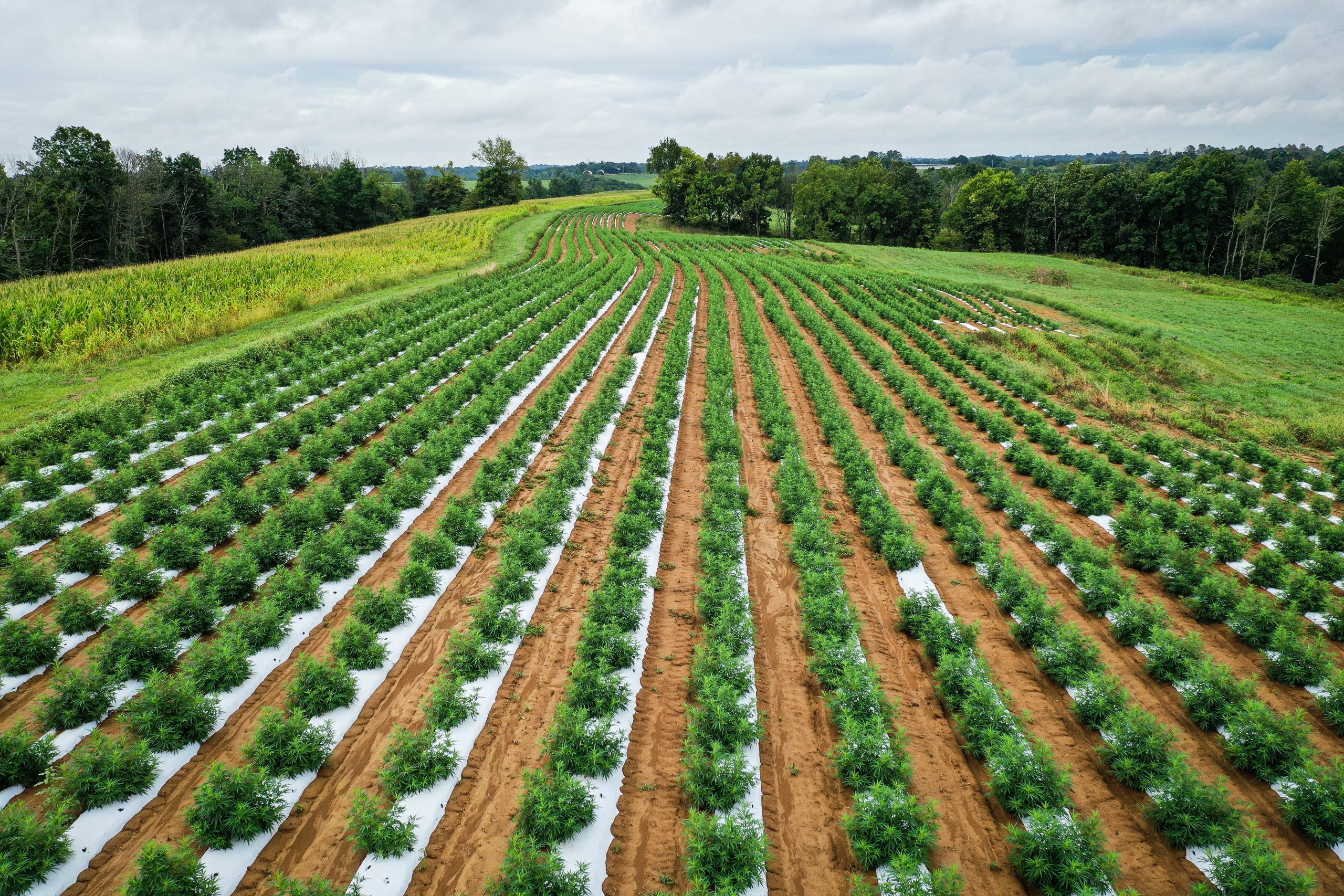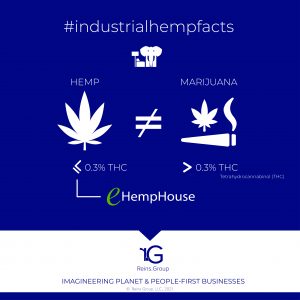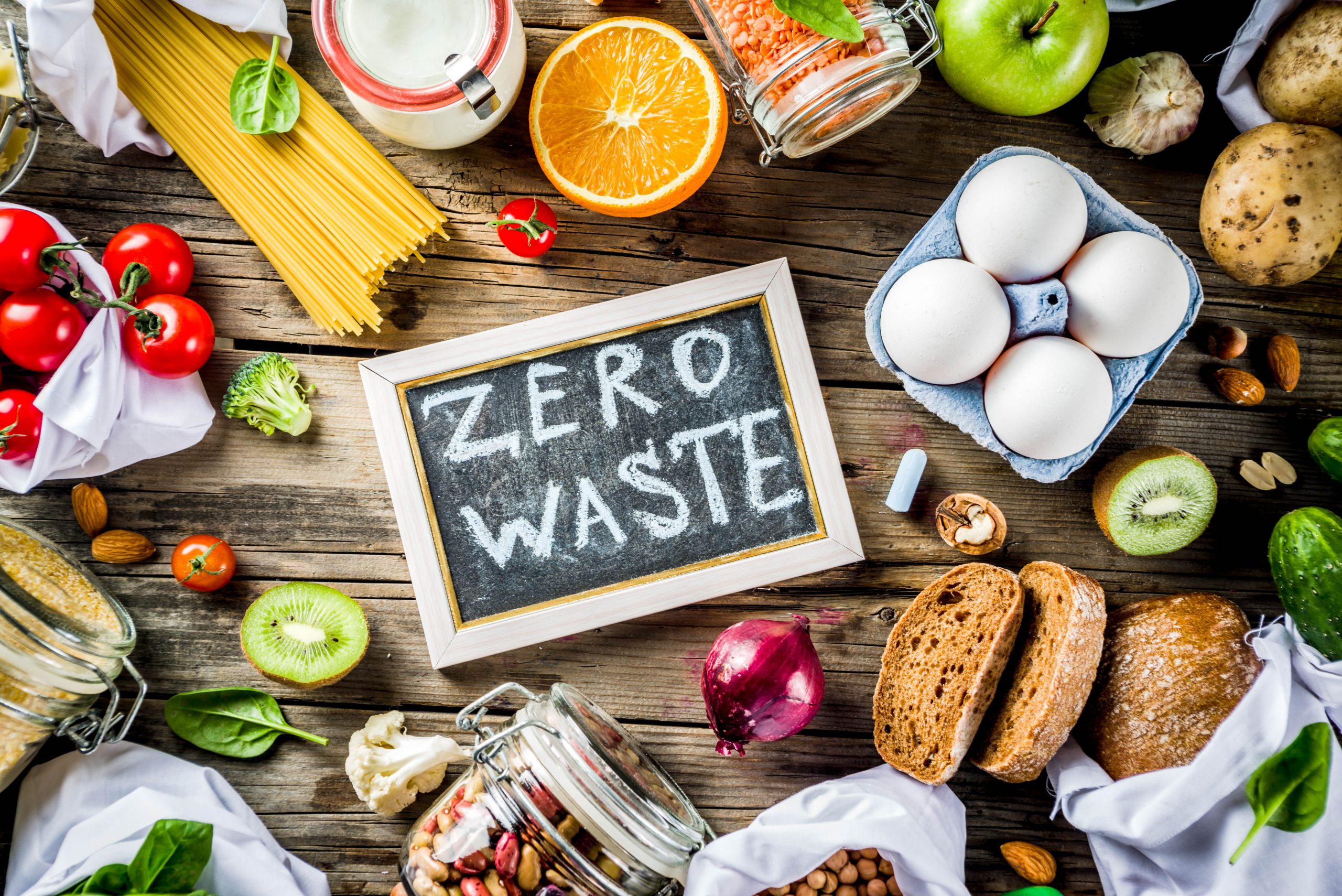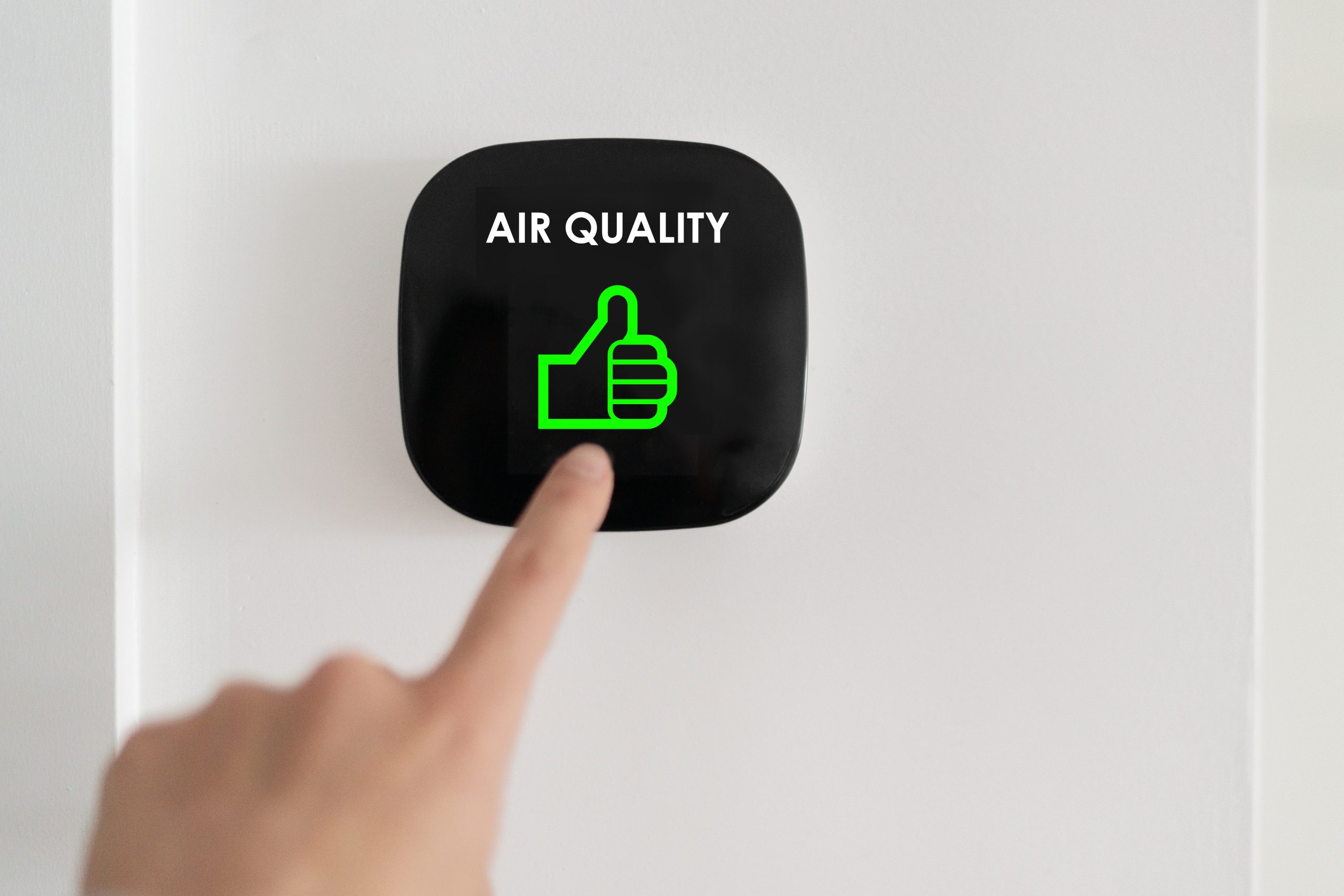How do we Revolutionise Technology to Support African Decarbonisation Goals?

After the IPCC report on the environment highlighted the urgent need for change, Housing Industry Leaders looks at SmartBoxes, created by eHempHouse, which removes 19,800 tonnes of CO2 per annum and how they can have a positive impact on the environment.
eHempHouse is a company focussing on the offsetting of carbon emissions through SmartBox technology. The SmartBox is a self-powered hemp processing machine designed for off-grid use.
Additionally, SmartBoxes are free to African farmers to successfully process organic hemp, removing gigatons of CO2 from the atmosphere and providing farmers with a sustainable income.

Jef Teugels, adviser to eHempHouse
While growing, it removes 66 tonnes of CO2 per hectare, more than any other type of crop. Adding to these benefits, the crop also produces the oil that powers the SmartBoxes allowing the process to be carbon negative.
One of the biggest benefits of this new technology is the fact that it operates off-grid. This allows technology to be used in the most remote parts of the continent and helps bridge the technology divide in rural parts of the world.
The developing world must be included in net-zero goals
Jef Teugels, Co-founder and CEO of The Reins Group and advisor for eHempHouse told Housing Industry Leaders: “The first farm to work with eHempHouse is a 413-hectare organic farm in Zambia, a showcase model for the IOBI (Integrated Organic Bio-Intensive Agriculture) agricultural system and is training and educating local communities and farmers in the eHempHouse innovative system.
By handing the keys to farmers – in the form of the SmartBoxes – they become a catalyst for change, unlocking the door to economic prosperity in a sustainable decarbonised future
Continuing, he explained: “The farm will be in the vanguard of the Zambian hemp business following legalisation earlier this year. eHempHouse’s innovative approach has already impressed the climate change community and earned the company a selection to showcase their innovation at COP26, the UN Climate Change Conference in October.”
The SmartBox technology gives farmers a compact and efficient hemp processing system that makes hemp cultivation accessible and practical anywhere. In addition to processing the hemp crops, it provides many benefits and services to the local community as it runs its SmartBox generator powered by hemp biofuel.
Negative reputation of hemp must be changed to see environmental benefits
There are recognised negative connotations of hemp, mostly associated with drug use. Despite this though, there is a legal difference between cannabis and hemp.

Jef is hoping to improve the reputation of hemp production by showcasing the positive environmental impacts of hemp production.
Scalability opens the doors to further development in the field. Africa currently has 200 million hectares of underutilised land, as defined by the UN. Jef explained: “eHempHouse plans to have five hundred SmartBoxes in operation by the end of 2025, servicing 150,000 hectares of land and thus reaching the capacity to remove 9.9 megatons of CO2 per annum.”
Rounding up the interview, Jef told Housing Industry Leaders: “The success of eHempHouse depends on the evolution of the voluntary carbon market. Providing SmartBoxes for free to local farmers is only possible when carbon credits provide enough revenue. eHempHouse used conservative projections and will still rapidly achieve financial profitability, yet, it’s the carbon credit price on the voluntary carbon market that decides its fate.”

